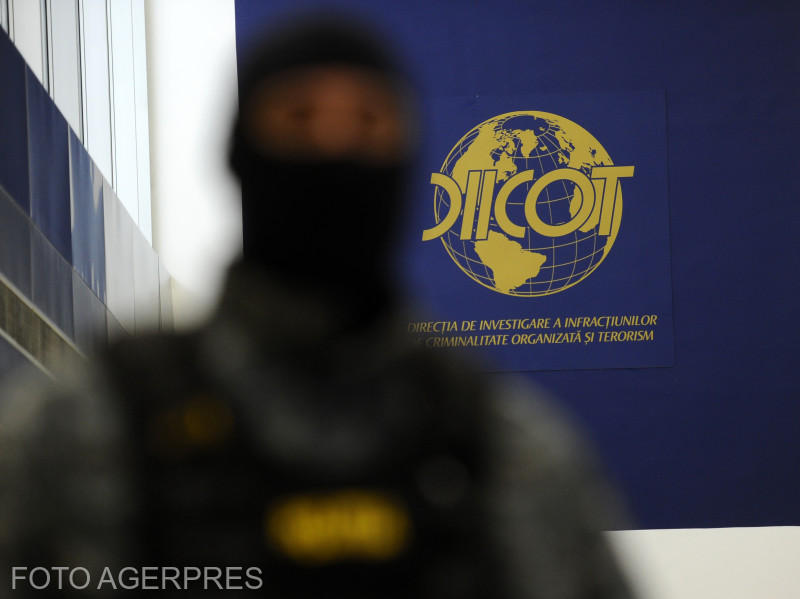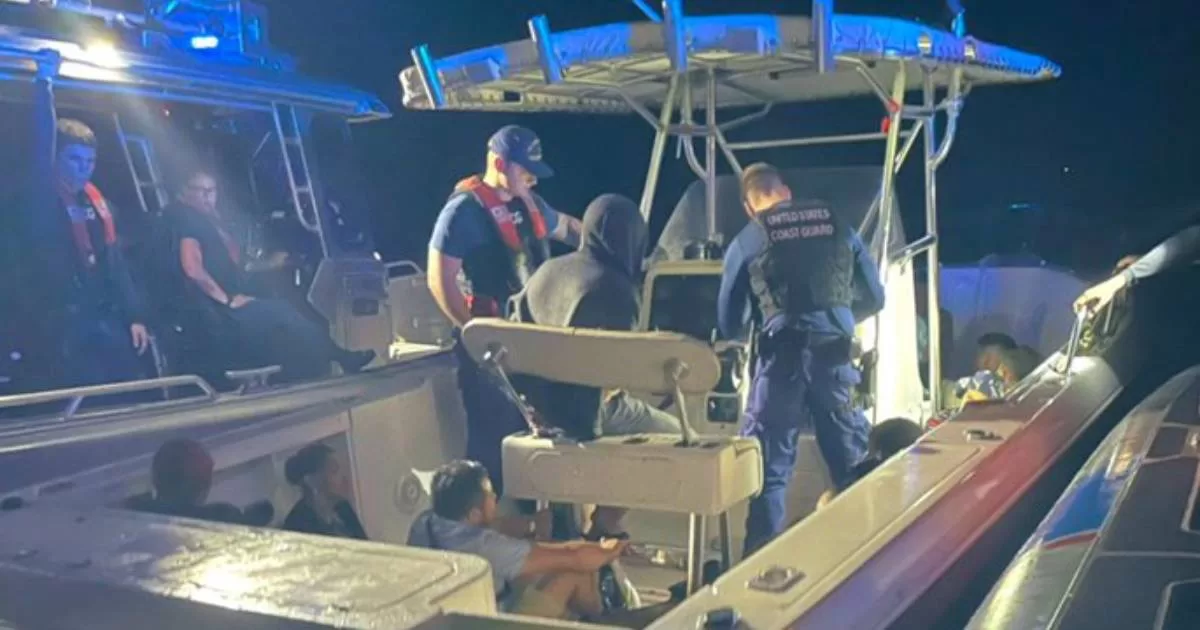Dozens of searches took place on Sunday in the counties of Arad, Bihor, Hunedoara, Alba, Sibiu, targeting an organized criminal group, specialized in illegally introducing waste from the intra-community space into the country, according to News.ro. During the criminal investigation activity, 57 such shipments were detected, totaling over 1,500 tons of waste. Approximately 80 people are to be taken to hearings at DIICOT Timişoara.
DIOCTPhoto: Agerpres
“On October 1, 2023, the policemen of the Timişoara Organized Crime Brigade, together with the prosecutors of DIICOT – ST Timişoara, carry out 44 house searches, in the counties of Arad, Bihor, Hunedoara, Alba, Sibiu, including at the headquarters and workplaces of some legal persons, in a criminal file regarding the commission of the crimes of forming an organized criminal group, contraband in a qualified form, complicity in smuggling in a qualified form, forgery in documents under private signature and use of forgery. The research showed that, starting from 2021, in the western part of the country (Timiş, Arad, Bihor and Hunedoara counties), as well as in the city of Bucharest, several people would have formed an organized, specialized criminal group in the illegal introduction into the country of waste originating from the intra-community space, in order to obtain substantial financial benefits”, reports IGPR.
Although, according to GEO no. 195/2005, regarding the protection of the environment, “The introduction of waste of any kind into the territory of Romania, for the purpose of its elimination, is prohibited”, under the pretext of carrying out recovery/recycling operations, the members of the criminal group, on each level or level of execution, would have acted for the illegal introduction of waste into the country, thus endangering the health of the population and the environment.
They would also have taken advantage of the fact that in Romania the price of waste processing and recycling (80 lei/ton) is one of the lowest in the European Union, thus aiming to easily obtain important financial gains.
On the first level of the group were the intermediaries or waste brokers (according to GEO no. 92/2021, on the waste regime, “broker” is any enterprise that deals with the recovery or disposal of waste on behalf of other people, including brokers who do not physically comes into possession of the waste), which would have dealt with waste imports, disguised as being part of the category of those that can be subjected to recycling/recovery.
The imports would have been carried out from commercial companies from several European countries, and the concealment would also have been achieved by falsifying the accompanying documents, in which untrue statements were made, in the sense that the transported materials are part of the category of those that can be subject to recovery/recycling.
The second level of the criminal group would have been represented by Romanian transporters, who would have traveled to the headquarters or workplaces of the community companies, usually in Italy, where they would have proceeded to load the waste, with a view to recycling/recovery in the country.
The transport documents and the accompanying documents would have been drawn up with false statements, according to which the loaded waste will be subject to valorization/recovery operations.
In order to reduce waste processing expenses, most community operators would have proceeded to the undifferentiated collection (by category) of waste and loading the means of transport of Romanian transporters with waste that could not be recovered/recycled or with municipal waste, a prohibited fact by European norms, as well as by national legislation.
Thus, knowingly ignoring the provisions of GEO no. 92/2021 regarding the waste regime, Romanian transporters would have loaded, transported and introduced into the country waste that could not be recycled.
On the third level of the grouping, there would be the administrators and the companies that have as their object of activity the valorization/recycling of waste.
According to the investigators, waste valorization/recovery operations are listed in Directive 2008/98/EC of the European Parliament and of the Council of November 18, 2008, regarding waste and in APPENDIX 3 of Emergency Ordinance no. 92/2021 regarding the waste regime, and are marked with codes from R1 to R13. In ANNEX 7 of the second normative act, the waste disposal/destruction operations are listed, marked with code D (from D1 to D15), activities that can be carried out on the national territory only with waste originating from the country.
According to art. 3 of Regulation (EC) no. 1.013/2006 of the European Parliament and of the Council, dated June 14, 2006, regarding waste transfers, intra-community operations are accompanied by the accompanying information document for waste shipments (Annex VII) which contains information about the waste that is the object of recovery (the person who organizes the shipment, the importer, the actual quantity, the transfer date, the transporters, the waste producer, the recovery facility, the recovery operation, the usual name of the waste, the identification of the waste, the countries involved in the export, transit and destination, the declaration of the person who organizes the transfer, the signature of receipt of waste, the transfer received by the recovery facility).
The members of the organized criminal group would have acted to hide the traceability of the waste, by falsely attesting in the information document accompanying the waste shipments, the recycling/recovery facility and the recovery operation to which the waste was to be subjected.
“Also, in some situations, although the load consisted of waste, the transporters, with the support of the intermediaries, would have unrealistically certified in the accompanying documents that they were transporting raw material, so they presented themselves upon entering the country at the crossing points of the border where the environmental officers were not active, thus violating the provisions of Order no. 1736/2022 of June 27, 2022 regarding the reporting of waste introductions into the country in the Information System for Waste Traceability Assurance (SIATD) and the provisions of Order no. 831/49/2022 regarding mandatory state border crossing points for community transfers of waste.
After the illegal introduction of the waste into the country, the members of the criminal group would have acted to erase the traces of the crime of qualified smuggling, proceeding to influence the traceability, to hide the origin of the waste and to transport it to different companies that owned recycling/recovery facilities. During the criminal investigation activity, 57 such shipments were detected, totaling over 1,500 tons of waste. For other shipments detected upon entering the country, access to the territory of Romania was not allowed”, say the investigators.
In order to reduce the risk of being discovered by the control bodies, the transporters would have operated only at the end of the week and usually at night, trying to take advantage of the fatigue accumulated by those who carry out the controls and the fact that during those hours the environmental officials are absent the border crossing points, to be notified by the border police in case of suspicions regarding the non-compliance of the transports.
About 40 people will be taken to the headquarters of the Directorate for the Investigation of Organized Crime and Terrorism – Timişoara Territorial Service, for questioning.
The activities are carried out with the support of the policemen from the organized crime fighting brigades Cluj, Oradea, Alba Iulia, the organized crime fighting services of Arad, Hunedoara and Sibiu, the ANAF specialists and the commissioners of the National Environmental Guard.
The action benefits from the support of gendarmes from the mobile groups of gendarmes in Timisoara and Cluj and the county gendarmes inspectorates in Arad, Bihor, Alba and Sibiu.
During the investigations and research carried out, the General Inspectorate of the Border Police provided support through ITPF Oradea, STPF Borş and STPF Nădlac.
Specialist support was provided by the Special Operations Directorate of the Romanian Police and the Technical and Forensic Bureau of DIICOT


